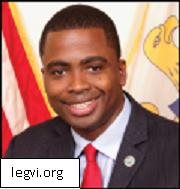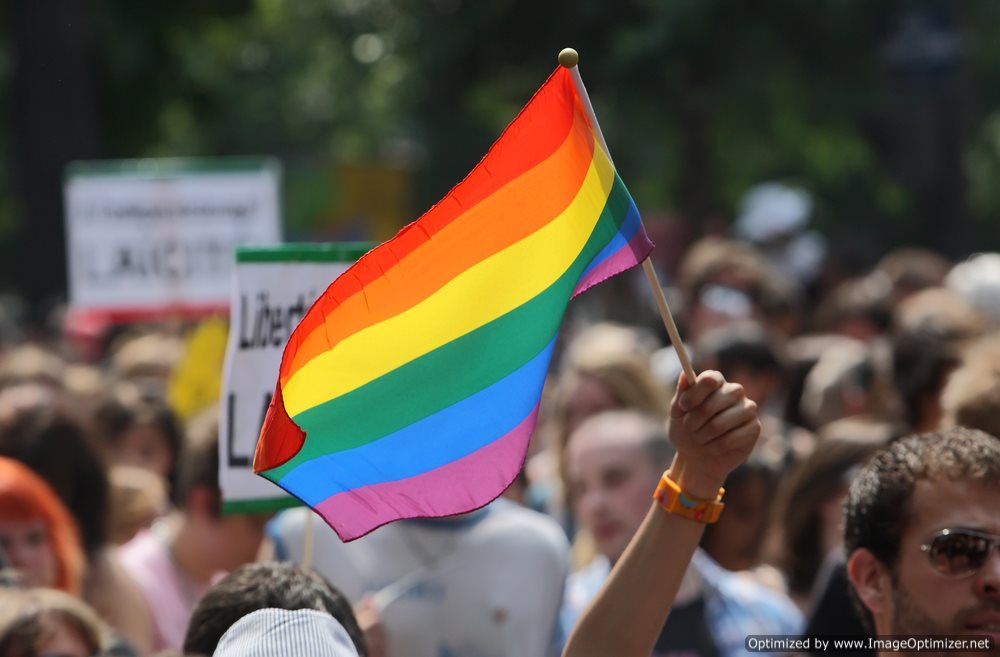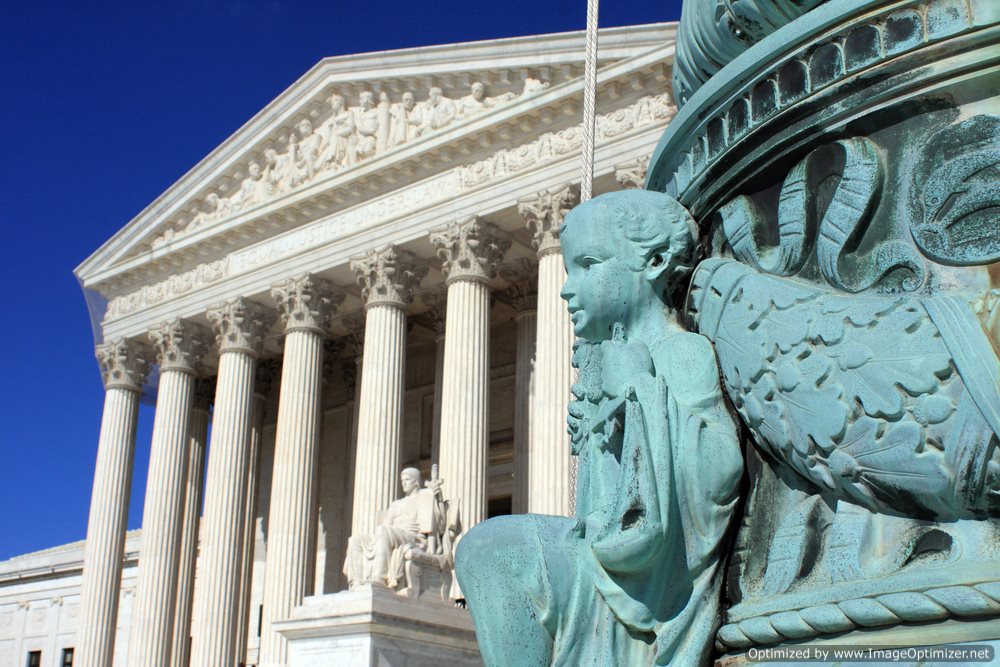Deficit



The fiscal cliff is the expiration of federal tax provisions and implementation of spending cuts scheduled for January 2013. If the fiscal cliff occurs, states—especially those connected to the federal tax code and federal spending—will see fewer federal deductions. A recent report by Pew Center on the States, titled The Impact of the Fiscal Cliff on the States, shows how scheduled federal tax changes will affect states.
The scheduled tax changes include about $393 billion (or 80 percent) of the fiscal cliff’s total amount. If federal taxes increase, states tied to the federal tax code will see increases in state revenue as well.
Here’s how the fiscal cliff affects states:
• 25 states and D.C. would see higher state tax revenues from lower federal deductions
• 30 states and D.C. would see increases in revenue from tax credits after federal tax credits are reduced
• 23 states would see deductible businesses expenses expire and result in higher taxable corporate income in the coming term
• 33 states can collect more estate tax revenue by 2013
• 6 states allow citizens to deduct federal income taxes from state taxes, which would reduce state tax revenue in the coming term
The scheduled spending cuts equal $98 billion of the fiscal cliff. $49 billion of the spending cuts are required by the Budget Control Act of 2011.
If the fiscal cliff occurs, the federal deficit is reduced by $491 billion. Yet, the Congressional Budget Office reports the fiscal cliff would cause significant economic digression in 2013.
Anne Stauffer, the Pew project director, stated: “Given the uncertainty about whether any or all of the policies in the fiscal cliff will be addressed temporarily or permanently, it is important to understand that the effects of the different components will vary across states.”
Source: Pew Center on the States

On November 8, 2012, the US Attorney’s Office for the District of the Virgin Islands announced that Senator Alvin Williams, Jr. was indicted for working with others to engage in bribery, mail fraud, and wire fraud. Two legislative members, Garry Sprauve and Kim Blackett, were indicted as well.
The indictment claims the following:
Williams gave the commissioner of the Virgin Islands Department of Public Works a bribe of $10,000 on September 5, 2009 to grant work by Ace Development Inc in the future. Williams had interest in the company.
Williams gave bribes to developers for the Raphune Vista housing project in St. Thomas from February 21, 2007 to November 8, 2011. He also promoted legislation for the developers so Ace Development Inc could provide rented equipment to the developers.
Williams received a bribe of $10,000 for supporting legislation for the Tutu Park wind turbine project from September 1, 2008 to September 31, 2008. He is suspected of receiving $25,000 on September 22, 2008 as well.
From 2006 to December 2011, Williams and other staff members were suspected of taking campaign contributions and using the funds for personal expenditures. He accepted bribes from September 2010 to July 28, 2011 for increasing the salaries of staff members as well.
Lastly, Williams and other staff members are suspected of engaging in wire fraud so Williams could pursue online degrees from the University of Phoenix. The defendants reportedly defrauded the Virgin Islands government to use public funding for the non-legislative education.
Williams faces up to 20 years in prison and fines up to $250,000. The indictment is asking for $1,129,365.76 in restitution.
U.S. Attorney Ronald W. Sharpe stated, “It is a breach of the public trust for public officials to use their office for personal gain. I encourage anyone with direct knowledge of illegal acts or who has any information concerning corruption in the Virgin Island to call the Public Corruption Task Force at (340) 715-6516.”
Source: Federal Bureau of Investigation

On November 27, 2012, the Department of Justice announced that Baylor University Medical Center, Baylor Health Care System, and HealthTexas Provider Network agreed to pay the federal government $907,355 for submitting false claims to Medicare.
False claims were also submitted to the Federal Employees Health Benefit Program (FEHBP) and Civilian Health and Medical Program of the Uniformed Services (TRICARE) for radiation oncology services. The radiation is highly sophisticated and uses tools for extreme precision to protect surrounding organs.
The United States claimed that Baylor University filed the improper claims from 2006 to May 2010. During this time, they doubled their claims to Medicare for radiation treatment plans, billed more expensive services when a less expensive service was needed, billed services without providing documentation of the services or medical records, and more.
Stuart F. Delery with the Justice Department’s Civil Division stated: “Physicians who participate in Medicare must bill for their services accurately and honestly. The Department of Justice is committed to ensuring that federal health care funds are spent appropriately.”
Sarah R. Saldaña, the U.S. Attorney for the Northern District of Texas, stated: “This civil recovery is a testament to the efforts of the Department of Justice to hold all parties, regardless of position, accountable for the submission of improper claims to federal health care programs.”
The Civil Division for the Justice Department, the U.S. Attorney’s Office for the Northern District of Texas, the Department of Health and Human Services’ Office of Inspector General, the FBI, and the Defense Criminal Investigative Services helped during the settlement with Baylor.
The settlement was possible because of the Health Care Fraud Prevention and Enforcement Action Team (HEAT) that was created by the Justice Department and Department of Health and Human Services in May of 2009.
Source: Department of Justice




Last month, a report issued by the China National Bureau of Statistics revealed that inequality in the nation is slowly narrowing. Although good news, public outrage concerning unearned privilege is still growing as China’s online public is growing furious over the parade of corrupt public officials partaking in the illegal procurement of properties. Gong Aiai, one of the latest officials in a long-line of corruption was a former bank official who was arrested this week on suspicion of procuring 41 homes in Beijing with improper identity papers. Ms. Aiai; however, appears to be an amateur when compared to Zhao Haibin, a former police chief, accused of owning 192 properties throughout the Guangdong province.
Given the obscene amount of corruption taking place in the nation as of late, this week marked an opportune time for China’s cabinet to pass a plan to fight inequality. The plan however, is broad in scope and thin in details.
Supported by the National Development and Reform Commission, the nation’s planning body, the plan points to 35 goals, including some direct remedies to combat inequality, such as increasing taxes on the rich and transferring said funds to the poor. The goals also encompass subtle measures, such as liberalizing the nation’s artificially low interest rates, which diverts income from savings to investment.
A number of governments throughout the world redistribute income after it is earned; however, China’s plan aims to intervene far earlier in the process. China wants a higher proportion of income to be a pain on wages as oppose to profits. To this end, the minimum wage will increase by at least 40% by 2015. Moreover, the plan demands more respect for fairer compensation when land owners sell their properties.
Many of these initiatives keep with existing trends as the nation has increased spending on social security, education, health care and public housing from 30% to 36%. These percentages should continue to rise over the next three years according to the initiative.
The plan shows the government is aware of the nation’s disturbing divisions; however, execution and respect for the imposed regulations remain a question.
Officials close to the government expressed doubts concerning the practicalities of expanding pilot property taxes on luxury homes and other measures that would distribute income. Corrupt officials in the nation’s government holding scores of potentially taxable properties will invariably hope that such delay and doubt continues.
